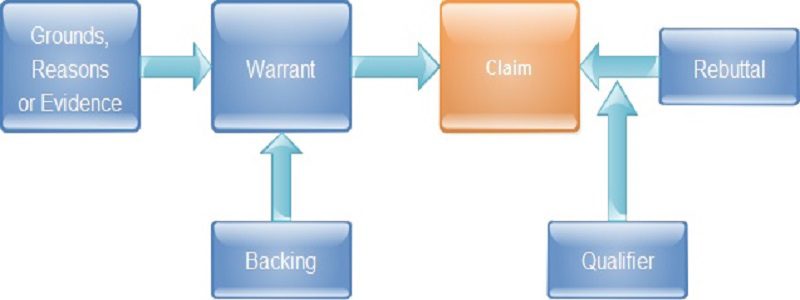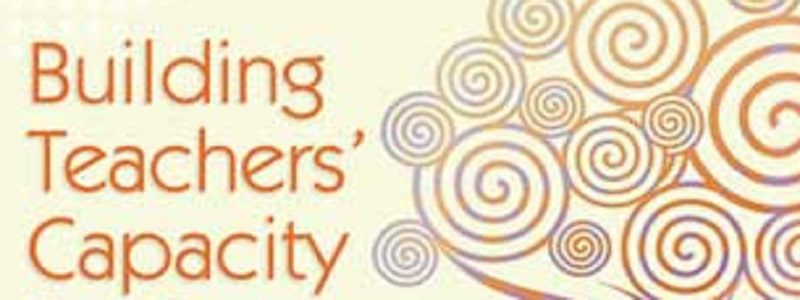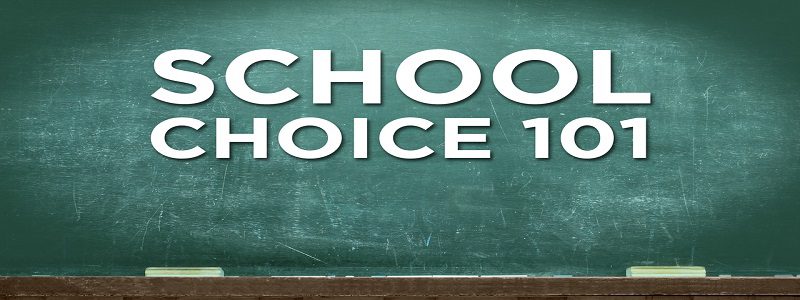‘Science Is Real’ — An Early-Year Argument-Based Activity on the Scientific Method
Overview
A lot of science classes, regardless of the grade level or the specific subject area, spend time early in the school year refreshing students’ understanding of the scientific method and grounding the academic culture they are establishing in the tenets of scientific rationality and argument. Particularly in the period we are living in now – when Time Magazine can place Is Truth Dead? on its cover, and the science of climate change can become politicized almost to the point of impotence – science education is performing the crucial role of reaffirming the fundamental process by which our society determines the validity of claims to truth: on the basis of observable, replicable, empirical evidence. A mini-unit on the scientific method early in the school year helps position all of the science instruction that will follow. This short argument-based activity, called “Science Is Real,” after the song at its center, can be an important part of such a mini-unit.
Our Adaptation of the Toulmin Model of Argument
Overview
A significant portion of all of the argumentation done in K-12 education today is rooted in the Toulmin model of argument. Every time you see claim – evidence – reasoning in the curriculum, in any of its multifarious guises, you are in the presence of a descendant of Toulmin. Few curriculum writers or teachers – and even fewer students – have a grounding in Toulmin’s argumentative theory. Because Argument-Centered Education draws on his thinking in our argument-centered resources and pedagogy we believe that it is important to dig a little deeper here.
Introducing the Observation of Argument-Centered Instructional Capacity Inventory, Part 1
Overview
About five years ago, when we got started with the work we are doing now – first calling it curricular debate, then argument-centered instruction – partner school teachers and administrators asked us two simple but important questions: what are the specific professional capacities that Argument-Centered Education will develop and how will we know that they have, indeed, developed? We undertook the kind of inquiry-driven, analytical process that we try to build into the curriculum that we design with partners on our own argument pedagogy, and we produced the Observation of Argument-Centered Instructional Capacity (OACIC) Inventory.
School Choice — An Argument-Centered Approach
In the education sector, the biggest hot button policy issue today is probably school choice. Charter schools, which are publicly funded and privately owned and managed schools; and tuition tax credits and vouchers to fund students attending private schools — these policy disruptions of the school district operated and managed status quo in public education have generated an enormous amount of discussion and debate. And this has taken place at every level, from the local community town hall (and even in family conversations) up through state legislatures and boards of education, to the U.S. Department of Education and the halls of Congress.
This is the final post in a short series that reflect work that we have done this summer to prepare argument-based units on issues of particularly strong interest to secondary and middle school history and English departments, going into the 2017/18 school year. This post develops a unit on school choice, and whether in particular charter schools are disrupting the traditional public education system in the United States in a positive or a negative way — or perhaps (looking toward a syncretic position post-debate) in what specific ways they can help public education and in what specific ways they threaten it.
Reparations for the Historical Legacy of Racism — An Argument-Centered Approach
No one can know what would come out of such a debate [over reparations]. Perhaps no number can fully capture the multi-century plunder of black people in America. Perhaps the number is so large that it can’t be imagined, let alone calculated and dispensed. But I believe that wrestling publicly with these questions matters as much as—if not more than—the specific answers that might be produced. An America that asks what it owes its most vulnerable citizens is improved and humane. An America that looks away is ignoring not just the sins of the past but the sins of the present and the certain sins of the future.
— Ta-Nehisi Coates, “The Case for Reparations,” June, 2014
There is no issue more controversial, or more essential to an understanding of American history and society, than the issue of race. This is the second in a short series of posts that reflect work that we have done this summer to prepare argument-based units on social science issues of particularly strong interest to secondary and middle school history and English departments, going into the 2017/18 school year. This post develops a unit on reparations, and whether the United States has a moral debt to African-Americans, because of its historical legacy of anti-black racism, that it is obligated to pay in a material way.






